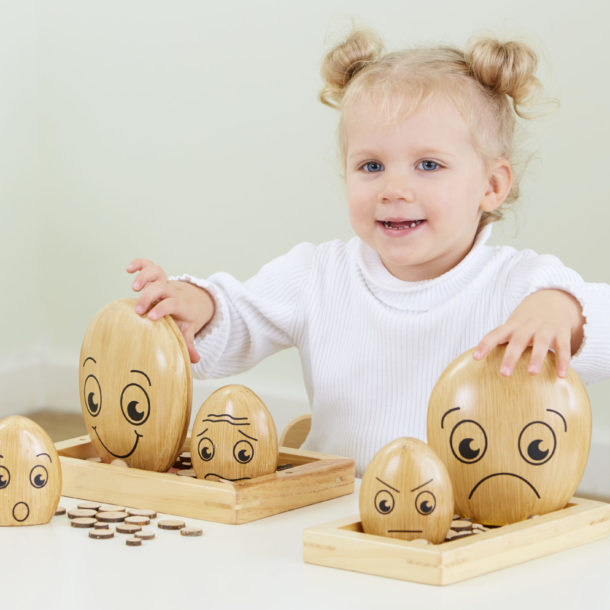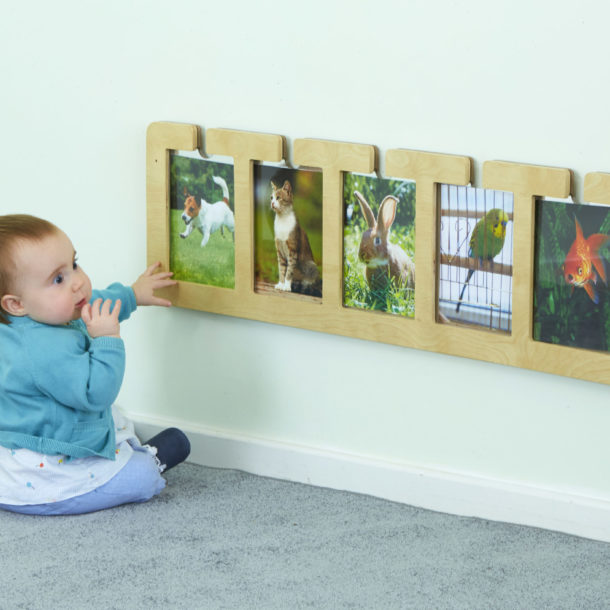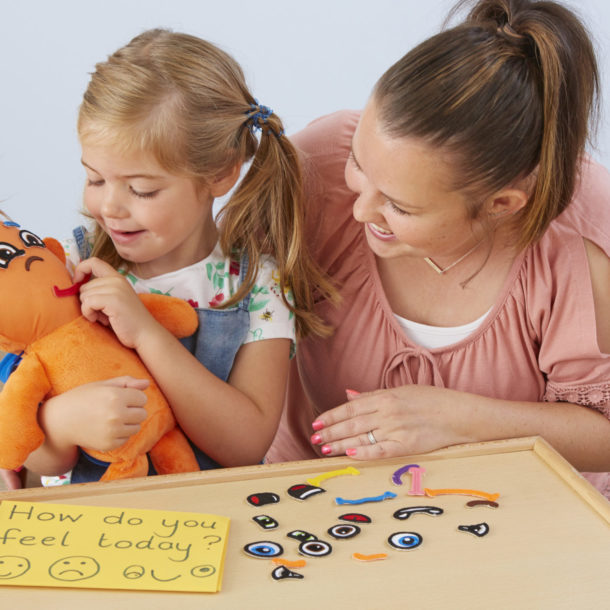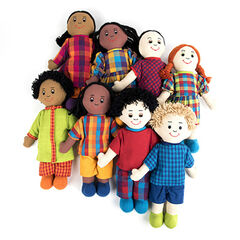Emotional Health and Well-being
For children to be resilient, good mental health is essential. It supports children in overcoming challenges, managing their own emotions and adopting positive thinking. These are all vital aspects of children’s emotional health and well-being.
An emotionally secure environment supports emotional health and well-being
Providing children with an emotionally safe and secure environment is paramount in helping them to feel comfortable. This builds the confidence to try new things, explore their environment and form loving relationships.
Teaching children to embrace and value differences allows for an ethos centred on mutual respect and a culture of inclusiveness. This allows children to support each other by recognising individual needs, respecting them and responding accordingly.
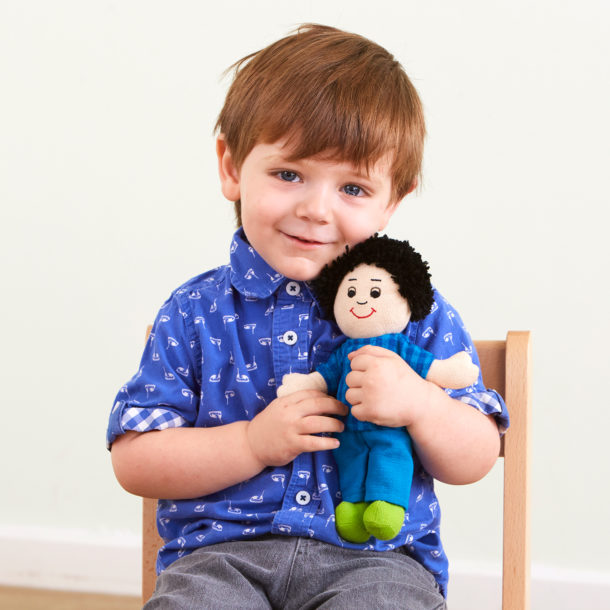
Children will love these beautiful dolls, which have skin tones reflecting different ethnicities and are dressed in bright, modern outfits that can be removed. Hand wash to clean.
Emotional Intelligence
Children’s feelings and emotions directly link to the development of social skills. Awareness and understanding of our own and other people’s feelings and emotions is known as emotional intelligence. Part of this is understanding that these feelings and emotions can impact ourselves, others and influence behaviour.
Emotional intelligence begins to develop gradually in the Early Years. Practitioners play a vital role in supporting children with developing their emotional intelligence to equip them with social skills for the future by responding to and guiding children through day to day social situations as they occur.
Children’s voice – a crucial part of emotional health and well-being
Having supported children in understanding healthy choices, it is important to question if, and how, children in your setting are given opportunities to express their views, make independent choices and influence decisions.
Involving children in making decisions which impact their own lives allows them to feel valued and part of the setting. Therefore this can strongly impact on children’s emotional health and well-being.
The voices of children being heard and listened to is particularly important as their ‘voice’ can get missed, often due to lack of verbal communication. It is important to allow children to exert their rights and their voice through ways that are accessible to them. The term ‘voice’ is used metaphorically here and can be heard, for instance, through body language, facial expressions, drawings, using puppets, role play and small world play. It is important for children to have access to a wide range of resources which they can use as a medium to communicate their views, opinions and ideas across to others.
As Early Years practitioners we must stay in tune with each child’s needs in order to be able to provide the appropriate resources to allow the child to communicate their ‘voice’ in their own individual way.
With thanks to Angelica Celinska for writing this blog. Angelica has 10 years of experience working in the Early Years and Primary sector with a Masters in Early Years Education from the Institute of Education, University College London (UCL).


